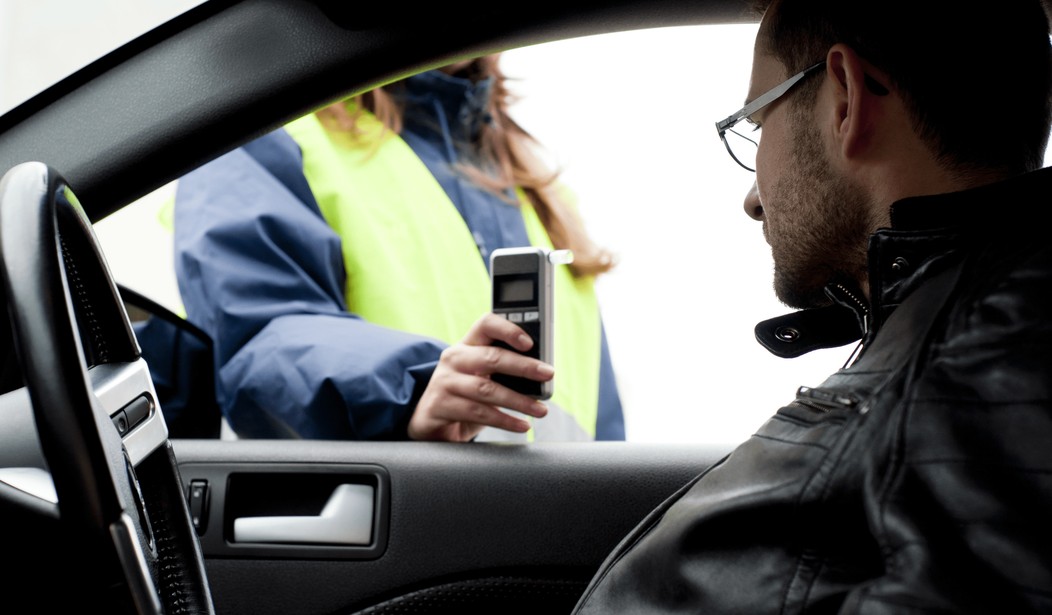You’re driving along when your GPS alerts you to a hazard ahead. Glancing at the message, your eyes leave the road for a moment, and you end up swerving a bit to stay in your lane. A few moments later, your rear view lights up red and blue. An officer saw you swerve and suspects you of driving while intoxicated.
He pulls you over and asks you to consent to a breath test. On principle, you refuse, believing you should not have to submit to such testing. Congratulations! Since you live in a state with implied consent laws compelling drivers to submit to breath tests, you’ve just committed a felony on par with driving drunk, despite the fact that you are stone-cold sober.
Such a scenario proves plausible in many states throughout the union, including Minnesota, where a man named William Bernard was arrested after refusing a breath test at a boat ramp. Now his case will be considered by the Supreme Court, and will affect similar laws nationwide. From the Minneapolis Star Tribune:
Defense lawyers argue this law is a clear violation of the Fourth Amendment, which prohibits police from searching “persons, houses, papers and effects” unless there is a proper search warrant.
In the Bernard case, Minnesota’s state Court of Appeals upheld the state law that makes it a crime to refuse to take the test. But lawyers on the other side, including Dan Koewler, a Minnesota-based defense attorney, argue that punishing someone for refusing a blood, breath or urine test is unconstitutional.
“It does not make our roads any safer, it’s just a way to get easy convictions, and I’m expecting the Supreme Court to strike it down,” said Koewler, who is in D.C. for oral arguments Wednesday. “I don’t want drunken drivers on the roads. I just want the state to have a constitutional way of arresting and convicting people who are breaking these laws.”
One might think the Fifth Amendment would apply here as well. Even if you argue that police have a right to search without consent when they have probable cause, a somewhat dubious notion, a breath test is more than a search. It requires conscientious action on the part of the suspect. It’s not like stepping aside to allow access to a premises, or letting your pockets be turned out. A breath test requires you to do something. In that way, it can led to self-incrimination, something the Fifth Amendment addresses specifically.
Duane Kokesch, program director for the National Traffic Law Center within the National District Attorneys Association, said he stands by the states with implied consent laws. He argues it cuts down on tense confrontations between police officers and suspected drunken drivers, giving police the ability to charge an uncooperative motorist with refusing to be tested.
That should not be considered relevant. Law should be crafted to protect individual rights, not make law enforcement easy.









Join the conversation as a VIP Member